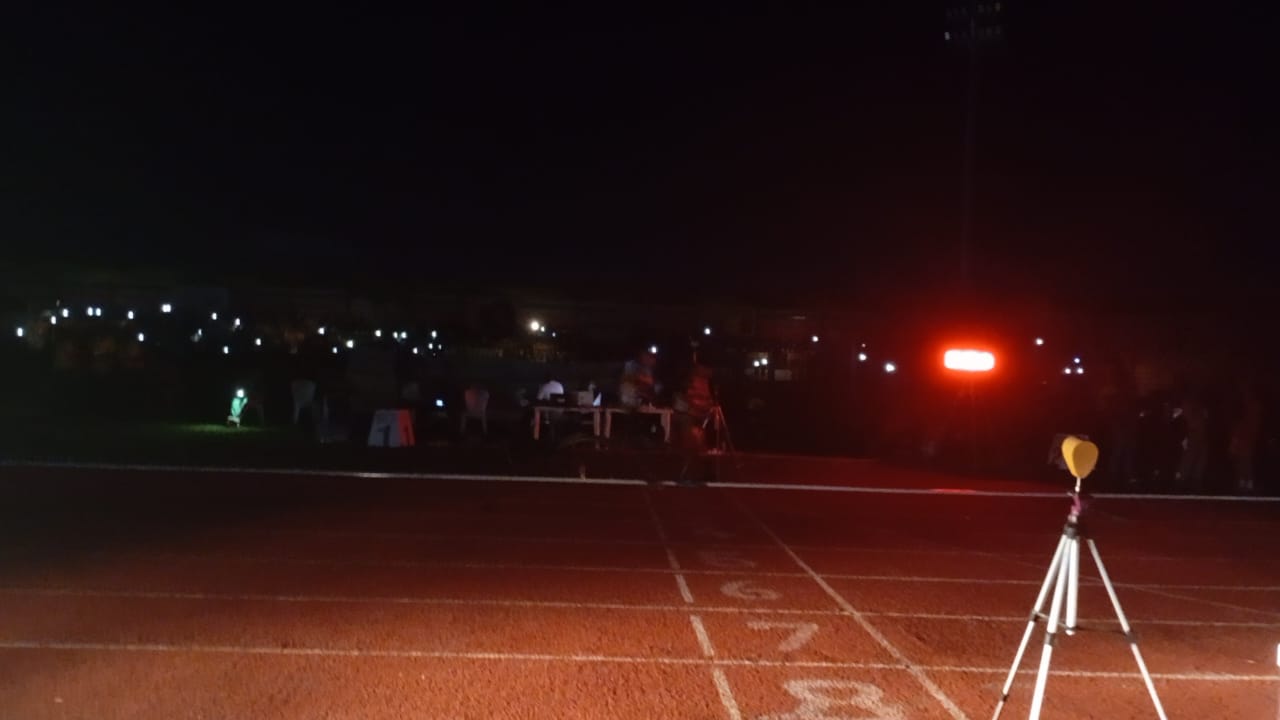
Burundi is enduring a crippling blackout, with the capital Bujumbura paralysed since Monday as fuel shortages deepen the crisis. Four of the nation’s five provinces are affected, leaving many neighbourhoods without electricity, water, or internet for five consecutive days.
State-owned utility Regideso blamed the outages on “connection work,” saying disruptions will continue until August 14, cutting 80 percent of the usual power supply.
The outdated grid, a relic of the Belgian colonial era, has plunged hospitals, banks, and government offices into disarray, forcing widespread closures. At Prince Regent Charles Hospital, families were urged to retrieve bodies from the mortuary after refrigeration units failed, local media reported.
Fuel scarcity has worsened the crisis, with black market petrol prices reaching 20,000 Burundian francs (\$7) per litre, crippling generator use. The shortages, persisting for three years, have grown acute in recent months, stranding thousands at Bujumbura’s main bus station with no transport.
President Evariste Ndayishimiye recently accused officials of “leading the country to its death” by protecting those allegedly plundering its resources. Citizens speak of shuttered shops, idle salons, and a stifling silence from authorities, breeding despair and a sense of abandonment.
“We had water for only an hour at night,” one government employee said, requesting anonymity for fear of reprisals. In the absence of official guidance, residents rely on social media for updates, where images show queues stretching through Bujumbura’s central market.
Energy ministry sources warn the unprecedented blackout may persist, given the fragile state of the grid and the scale of repairs needed. For many, daily life has ground to a halt, replaced by long waits, dark nights, and the echoing uncertainty of an entire nation stalled.
